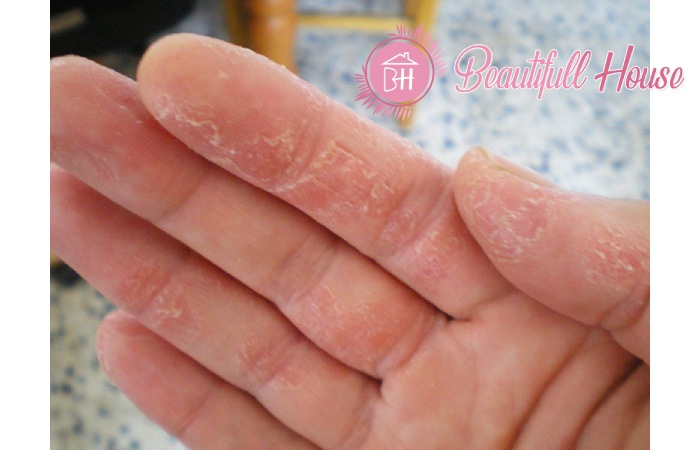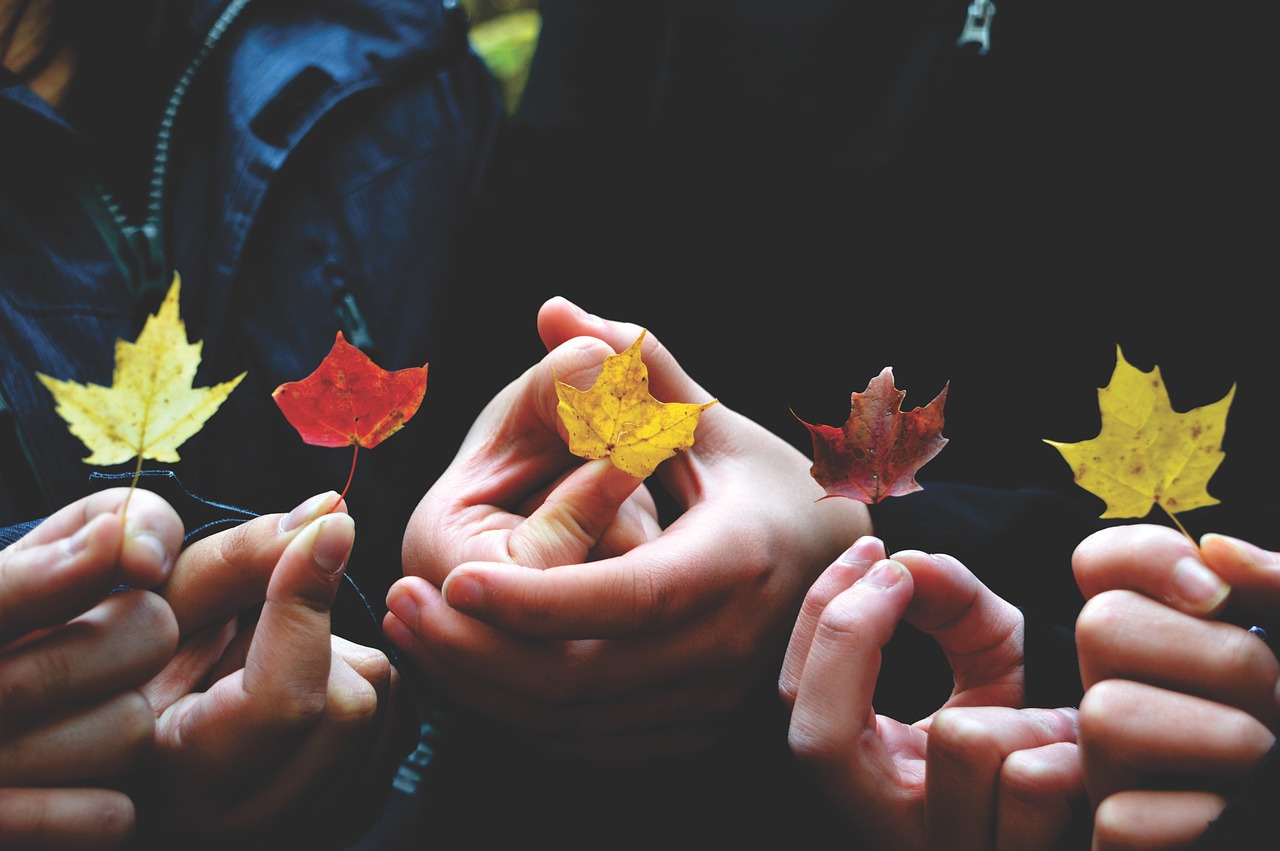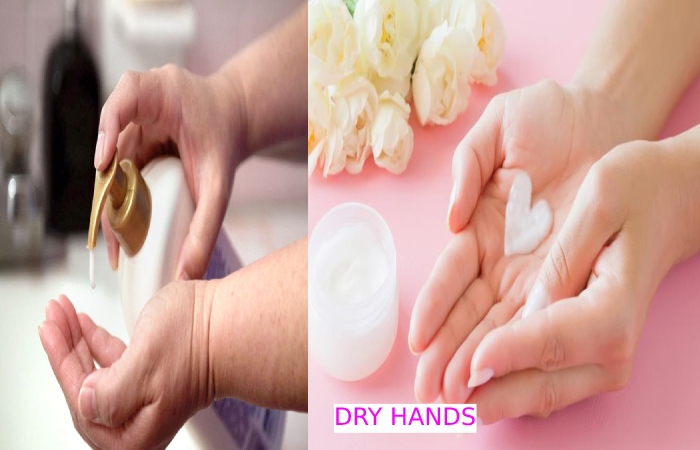Table of Contents
Definition – A Beautiful Hands
Dry hands that persevere even with lotions and creams may signify a hand condition. People who shampoo dishes frequently or live in a cold, dry climate may be more prone to feeling painful dry hands than other people.
Individuals with conditions, diabetes or lupus that touch blood flow to the extremities may have dry hands. Also, other diseases that affect the skin, for example, can cause dry skin on the hands and skin that peels and cracks.
It is a term for different types of skin inflammation. The symptoms commonly include itchy, reddened, dry skin. Many things can cause skin irritation, such as dryness, soaps and detergents, cleaning products, rubber gloves, and even highlighting lotions and creams.
Extended itching often occurs since itchy skin, leading to reddened, irritated, scaling skin or a leathery thickening. The skin’s cracking and crying may also happen, and open wounds may become infected.
Causes of Dry Hands

The causes have not been entirely determined. Allergies, stress, irritants, and hereditary factors are all related to the development of this condition. People with eczema connecting their hands may also have asthma, food allergies, or hay fever. The tendency to have skin responses like this frequently runs in families.
There are no diagnostic exams that positively establish an analysis of eczema, and your doctor will rely mainly on taking a complete history of the condition to develop a diagnosis of hand eczema. A microscopic assessment of a skin rubbing or skin ethos may expose the attendance of an infection. A patch test can also determine if actual allergies are causing the condition.
The Following Primarily Causes Dry Hands
- weather
- environmental irritants
- medical situations
Weather is in charge of dry hands that mainly occur in the winter. The air dries out when the weather turns cold, and the body cannot hold onto moisture—the lack of water in the air reasons dry skin and hands.
People, such as doctors or nurses, who shower their hands a lot or use hand sanitiser multiple times a day, are more likely than others to have dry hands. Others, such as dishwashers or hairstylists, may also be more prone to dry hands due to recurrent introduction to substances than soaps.
Some persons may involvement the skin on their hand’s ventilation out due to an underlying medical condition.
Symptoms
Those with the hand can experience symptom relief by:
- Avoiding scratching
- Using plenty of moisturisers.
- Limiting exposure to potential annoyances, including the wearing of protecting gloves
- Using hypoallergenic soap
- Limiting the amount of handwashing
- Washing the hands in lukewarm water only
Prescription ointments, light conducts, antihistamines, and also, corticosteroids have all been used to control symptoms of eczema. Your doctor can treat hand eczema that persists or becomes unusually painful despite these measures. Your doctor may also suggest an antibiotic if the irritated skin has become infected.
Types and Treatments
A genetically programmed inflammatory disease primarily affects the skin in about 3% of people in the United States. Psoriasis is characterised by skin cells that multiply up to 10 times faster than average. When these cells reach the external and die, high, red signs are covered with white scales.
Psoriasis begins as a small scaling papule. When multiple spots merge, they form scaling plaques. These plaques tend to occur in the scalp, prods, and also, knees.
Home Remedies of Dry Hands
Winter is the time to stack in moisturisers. Dry hands, chapped lips, cracked heels, then dry hair is common winter woes. Hydration and moisturisation are the keys to healthy and supple skin through winters.
There are Some Home Remedies Real for Dry Hands, which Include
Baby oil or other nourishing oil: Baby oil may do wonders apart from thick moisturisers. Oil has better moisture-retaining properties than moisturisers.
Warm water for bathing: Bound your shower time and use warm water to retain the skin’s essential oils. Long hours of a wash with hot water may rip the skin of its essential oil.
Mild skin cleansers: Avoid harsh, fragrant, and drying soaps; instead, use soft, slightly spicy, and moisturising soaps to nourish the skin with extra moisture. Select mild soaps loaded with oils or fats.
Humidifier: Sincere and dry indoor air can worsen the dryness of the skin. A humidifier at home can moisturise the air inside your home. Recollect cleaning your humidifier from time to time.
Soft fabrics: Chose fabrics that help your skin to breathe easily, such as cotton or silk. Wool, although natural, can irritate normal skin. Additionally, wash your fabrics with mild cleaners that do not have heavy dyes or fragrances.
Moisturisers after bath: Apply moisturisers immediately after bathing and softly pat your skin dry to retain some moisture. This is the most suitable time to rub your creams or creams, as the water gets surrounded in your casing.
Wear gloves: Prolonged contact with water container dry out your hands. Hence, it is required to wear rubber gloves while laundry the dishes. However, the gloves give a shield from hand dryness.
Use sunscreen: It is essential to protect the exposed skin from the sun’s harsh ultraviolet (UV) rays. Use sunscreen with an SPF25 and upstairs to moisturise the skin and protect it from UV rays.
Aloe vera: Rubbing a fresh aloe vera gel has a soothing and moisturising result scheduled for the skin. This is basically due to the high humidity satisfied current in the gel.
Oatmeal bath: Oatmeal baths with lukewarm liquid are helpful to beat the itchiness associated with dry skin.
Honey: Applying fresh honey to dry skin can improve its moistness content. And also, it can be helpful directly to the skin.
Drinking milk: Drinking milk somewhat than putting it on the skin can progress its well-being.
Some of the Things to Avoid While Finish Dry Skin Contain
Warm air dryers can dry out the skin unreasonably. Hereafter, it is judicious to use paper towels to dry your arrows afterwards laundry.
Frostnip is a mild method of frostbite that inclines to disturb fingers. Henceforth, it is essential to dress appropriately while walking home-based.
- Avoid harsh or ventilation soaps.
- Avoid washing fabrics with harsh detergents.
- Do not use baking soda for giving dry skin as suggested by some sites because it would worsen dryness and itchiness.
Conclusion
As you age, you may notice that your hands develop drier and crack more effortlessly. They may also become red and peel. These are all signs of dry skin. Cracks in your fingers can make even the modest tasks, such as typing, turning a page, or buttoning your shirt, harrowing.
In the medical field, dry skin is known as xerosis. However, it is often a normal part of ageing, though it can also be an early sign of dermatitis. This skin irritation has three types, and they all cause dry, itchy skin and sometimes a rash.1 This article explains the indications and causes of dry hands, what you can do to get relief, and what you should know before using super glue products on cracked hands.
Also Read: Walking – Definition, Important Uses, Benefits, And More
Related Searches:
dry hands pole grip
dry hands grip
how to treat dry hands
home remedies for dry hands
dry hands lotion
dry hands from washing
best for dry hands
dry hands cause


